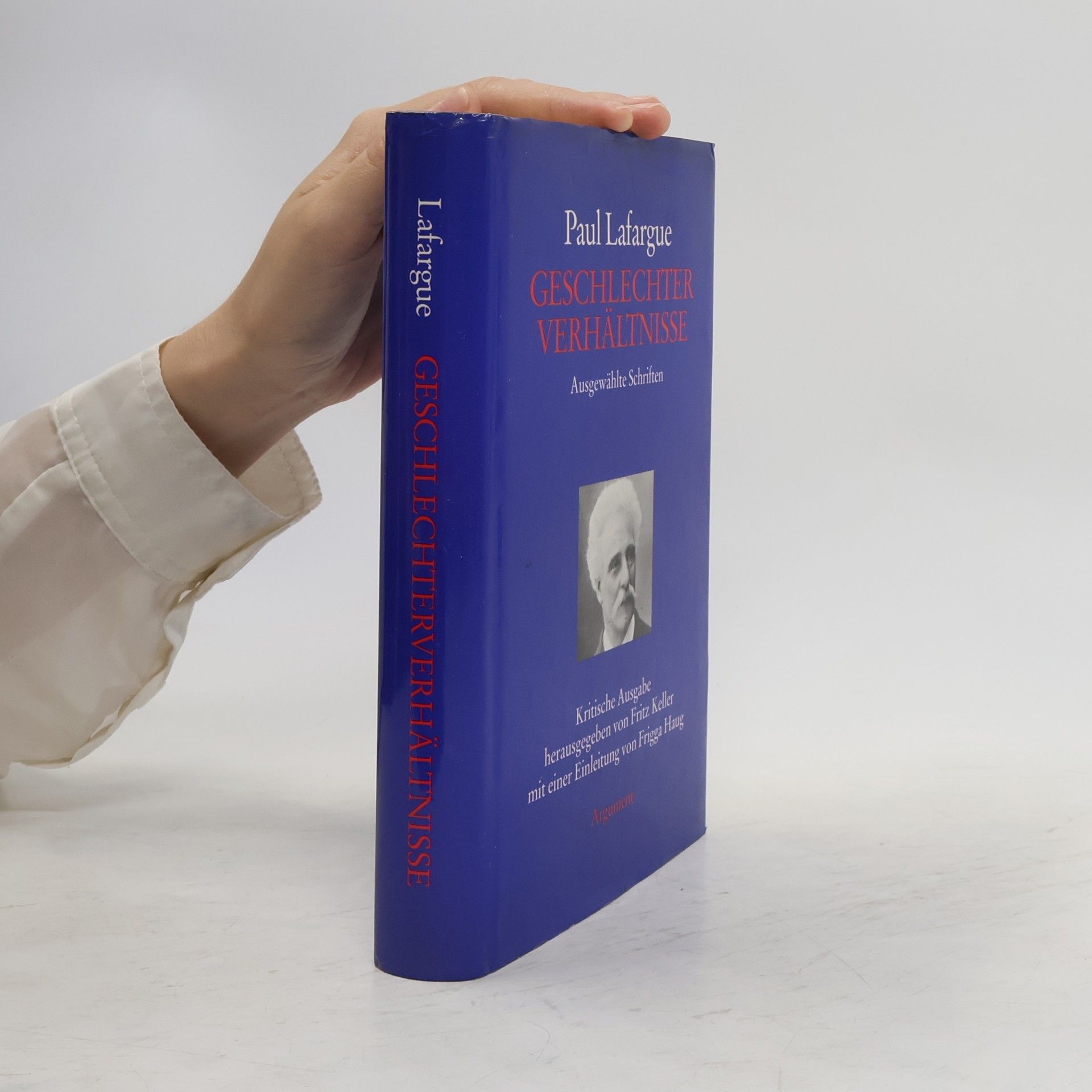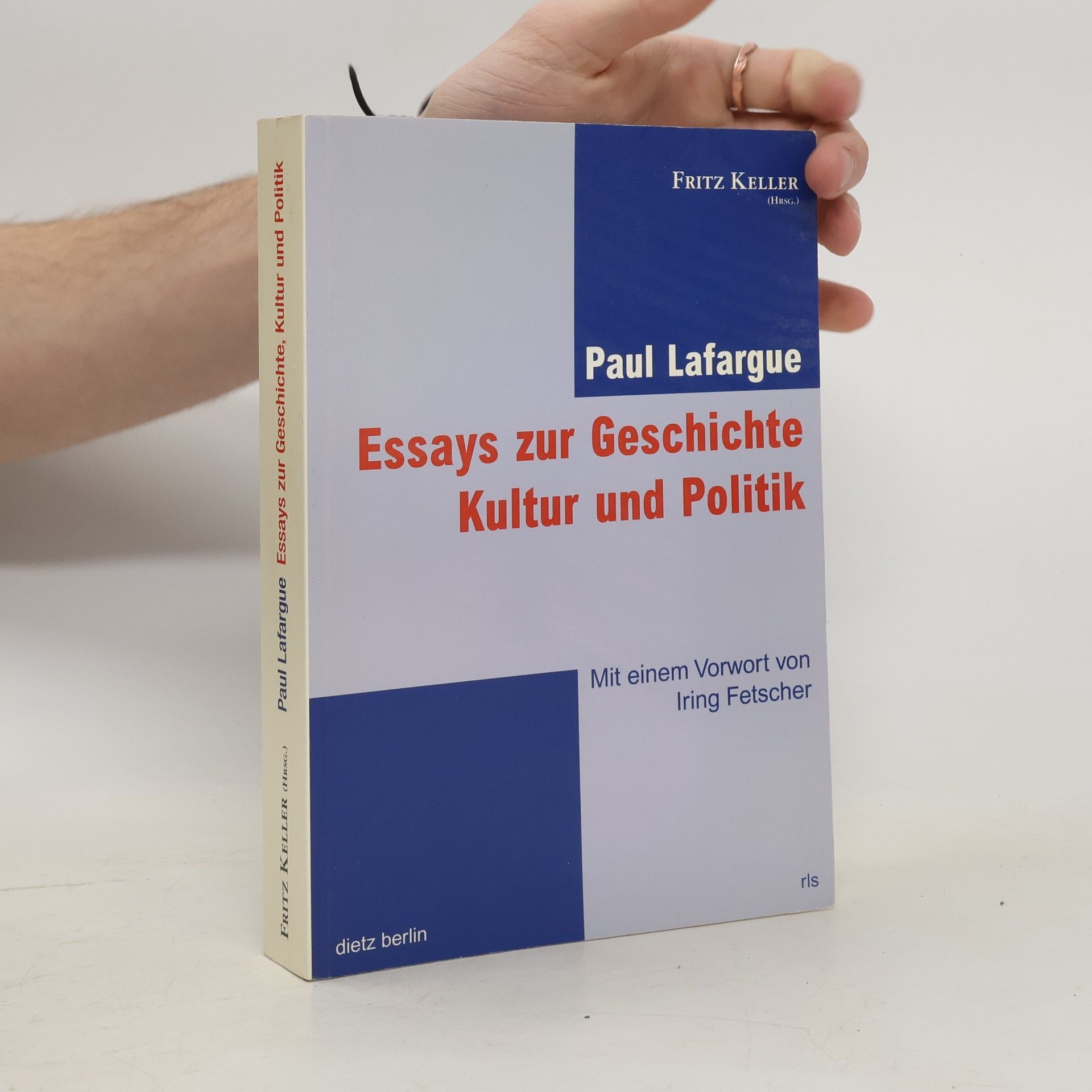The Right to Be Lazy
- 200 pages
- 7 hours of reading
Now in a new translation, a classic nineteenth-century defense for the cause of idleness by a revolutionary writer and activist (and Karl Marx's son-in law) that reshaped European ideas of labor and production. Exuberant, provocative, and as controversial as when it first appeared in 1880, Paul Lafargue’s The Right to Be Lazy is a call for the workers of the world to unite—and stop working so much! Lafargue, Karl Marx’s son-in-law (about whom Marx once said, “If he is a Marxist, then I am clearly not”) wrote his pamphlet on the virtues of laziness while in prison for giving a socialist speech. At once a timely argument for a three-hour workday and a classical defense of leisure, The Right to Be Lazy shifted the course of European thought, going through seventeen editions in Russia during the Revolution of 1905 and helping shape John Maynard Keynes’s ideas about overproduction. Published here with a selection of Lafargue’s other writings—including an essay on Victor Hugo and a memoir of Marx—The Right to Be Lazy reminds us that the urge to work is not always beneficial, let alone necessary. It can also be a “strange madness” consuming human lives.



![Das Recht auf Faulheit. Zurückweisung des »Rechts auf Arbeit« von 1848. [Was bedeutet das alles?]](https://rezised-images.knhbt.cz/1920x1920/73263155.jpg)


